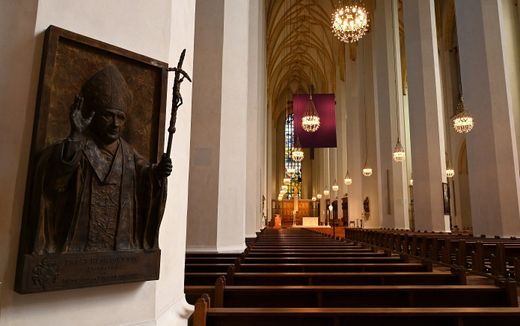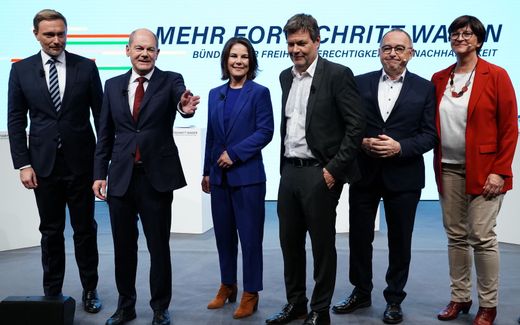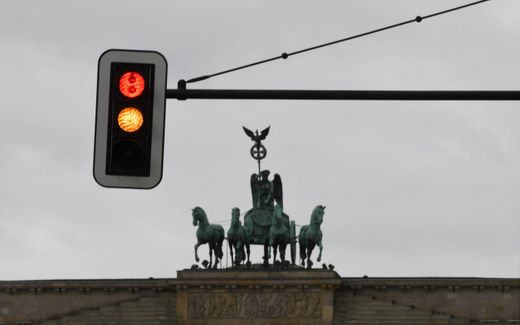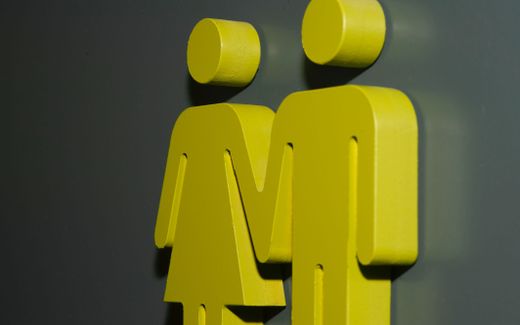German politicians distance themselves from churches
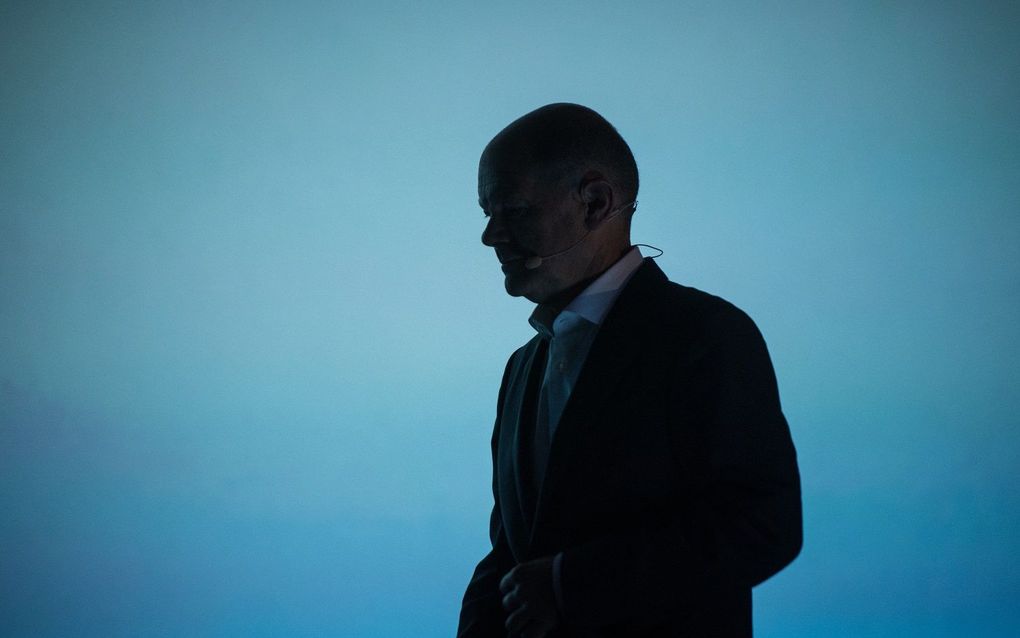
Photo AFP, Stefanie Loos
Central Europe
German politicians are increasingly distancing themselves from the churches. Especially under the current traffic light coalition, relationships have been weak.
In the past, when people of faith went to politicians, all doors were open to them. That has changed. The importance of the churches is rapidly dwindling, reports the Frankfurter Allgemeine Zeitung. “When Prelate Karl Jüsten used to invite people to the Catholic Church’s annual Michaels reception in Berlin, it was a must-attend event for politicians in the capital. At the reception in 2021, Chancellor Angela Merkel and the then President of the Bundestag Wolfgang Schäuble visited the bishops. This October, neither Olaf Scholz nor a single cabinet member came, nor did the President of the Bundestag.”
According to the Bertelsmann “Religion Monitor”, public interest in the church is declining significantly. But the churches have also lost importance and trust in politics. “Not only in society but also in politics, the importance of the churches is rapidly dwindling,” writes political editor Oliver Georgi. Overall, the “relationship between politics and church is more chilled under the traffic light than under the previous coalition,” writes Georgi.
According to the FAZ article, the linchpin of the dwindling trust of politicians in the churches is how the churches deal with sexual abuse in their ranks and the internal clarification of the cases. The cases of abuse in the churches “destroyed the matter of course with which politicians and church people used to deal with one another”.’
Because of the abuse scandals, politicians distanced themselves from the churches. They considered whether meetings with church representatives - such as the Cologne Archbishop Rainer Maria Cardinal Woelki - were still reasonable and what impression the pictures left. Many politicians were also bothered by the moral arrogance of the churches. “People of faith feel that the churches are no longer the undisputed moral authority for politicians,” says the article under the heading “Contact with the churches undesirable”. The churches represented “just one option among many” and had lost their privileged role in relation to politics.
Related Articles


